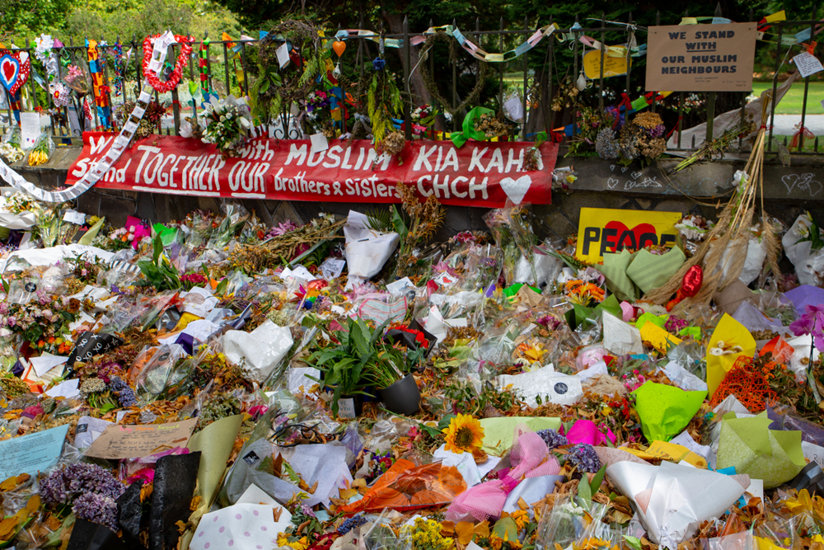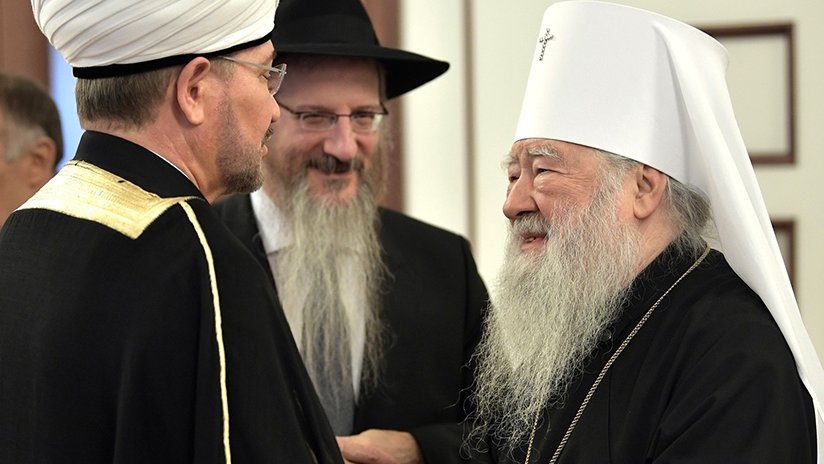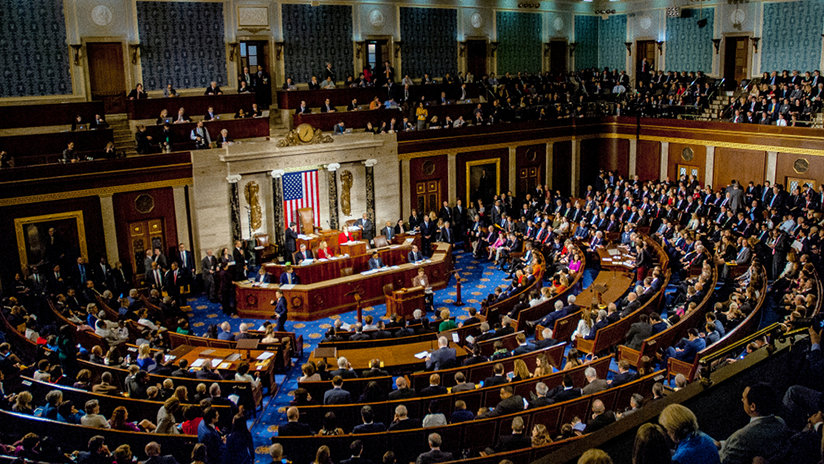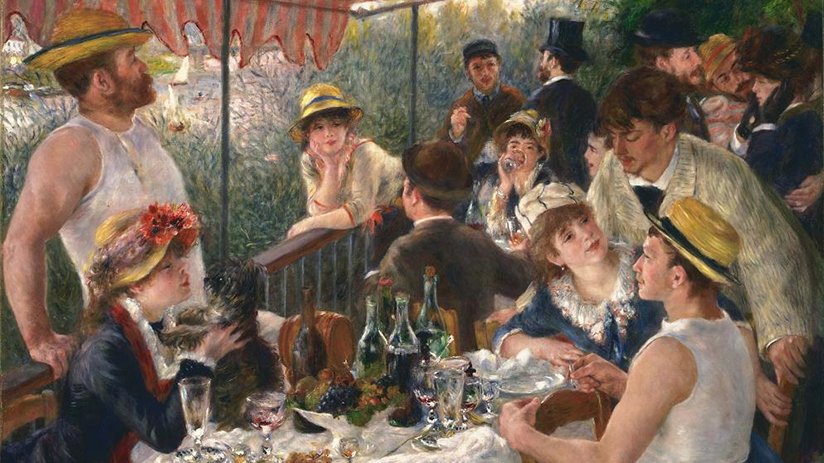
-
HOME
-
WHAT IS STANDOur Mission Our Values Our Help Contact
-
WHAT WE FIGHT FORReligious Freedom Religious Literacy Equality & Human Rights Inclusion & Respect Free Speech Responsible Journalism Corporate Accountability
-
RESOURCESExpert Studies Landmark Decisions White Papers FAQs David Miscavige Religious Freedom Resource Center Freedom of Religion & Human Rights Topic Index Priest-Penitent Privilege Islamophobia
-
HATE MONITORBiased Media Propagandists Hatemongers False Experts Hate Monitor Blog
-
NEWSROOMNews Media Watch Videos Blog
-
TAKE ACTIONCombat Hate & Discrimination Champion Freedom of Religion Demand Accountability
Identity Politics: Divided We Fall
Much modern discourse (if you can call it that) revolves around various identities. Individuals and groups that feel they are marginalized, or that are in fact marginalized, have a tendency to identify with, or as, some national, cultural, religious, ethnic, racial, sexual, political, economic—or whatever—status. I say “whatever” to shorten the blog. I could easily fill a longer list with 500 words and still have left some out.
And that’s my point.

“I’m a ___________.” “I identify as ___________.” No matter how you phrase it, it points out and asserts a separateness. And although it is often stated with pride, that pride often sounds a lot more like resentment.
The speaker may have every right to be resentful. He/she/they perhaps are marginalized, minimized, forgotten, ignored, harassed, threatened or outright attacked. And people with similar interests do tend to band together.
But all too often, the asserted identity goes beyond resentment into outright antagonism. It carries with it a chip on the shoulder. “I’m a ___________ and I dare you to do something about it.” In other words: “Let’s fight.”
No, let’s not.
Asserting identities doesn’t serve to eliminate conflicts and social injustices. It entrenches and prolongs them. It either picks a fight with an overt challenge or invites attacks by painting a bullseye on oneself as a target for discrimination. It may appear to be self-serving, but it really only serves those who seek to divide society and pit people against each other.
I’m going to risk offending a lot of people with one simple truth, but here goes: No matter how hard-won and no matter how cherished, every one of those “identities” is a symbol. People are not symbols. People are people.
The only true identity for an individual is the unique individual they are. The rest is artificial and when used as a badge, gets in the way.
Does that mean we throw away our cultural/religious/national—and all the rest—heritage? No. But it does mean that we should understand that these things are secondary to who we are and we should treat each other first and foremost as individuals, as us. If we were to do that, I believe it would heal all the ills that the asserted identities are supposed to—but never will—rectify.
Impossible? Unrealistic? Not at all.
A shining example just occurred in New Zealand. A week after the insane murder of fifty Muslims and the injury of dozens more—in the name of some twisted “identity”—New Zealanders of all faiths and walks of life mourned the deaths together. Yes, they gathered as New Zealanders; but mostly they gathered as human beings.

The Maori Council commissioned a special Haka—Maori native dance—for the occasion. The entire nation—and the world—was invited to join in.
Composed by Dr. Don Kennedy, Koro Tini, and Jamus Webster, here it is in the traditional Maori with English translation:
“Haka Koiora (Haka for Life)
Paiahahā, Paiahahā (Attention! Attention!)
He aha rā ka tāpaea ngā mahi kikino (Why do we wait for something bad to happen)
Ki te kūkūtia tātou katoa e? (To eventually come together?)
Ia ha ha!
E oho, kia tika rā (Wake up, be true!)
Unuhia ngā here o te kino, (Strip away bad things like)
Whakatakē, whakaparahako e (Negativity and belittling others)
Ko te pūtake o te whakaaro, he kaikir (because the underlining factor is racism)
Takatakahia Hi (Stomp on it)
Wherawherahia Hi (Get rid of it)
Kia tū te tangata koia anake (So all that remains is your true person)
Ko au, Ko koe, ko koe, ko au, ko tāua e (I am you, you are me, this is us)
Ko te mea nui o te ao (The greatest thing in this world)
He tangata, He Tangata, He Tangata e (’Tis people, ’Tis people, ’Tis people)
Hi!”
Amen.









